101 Guide to Cannabis and Depression
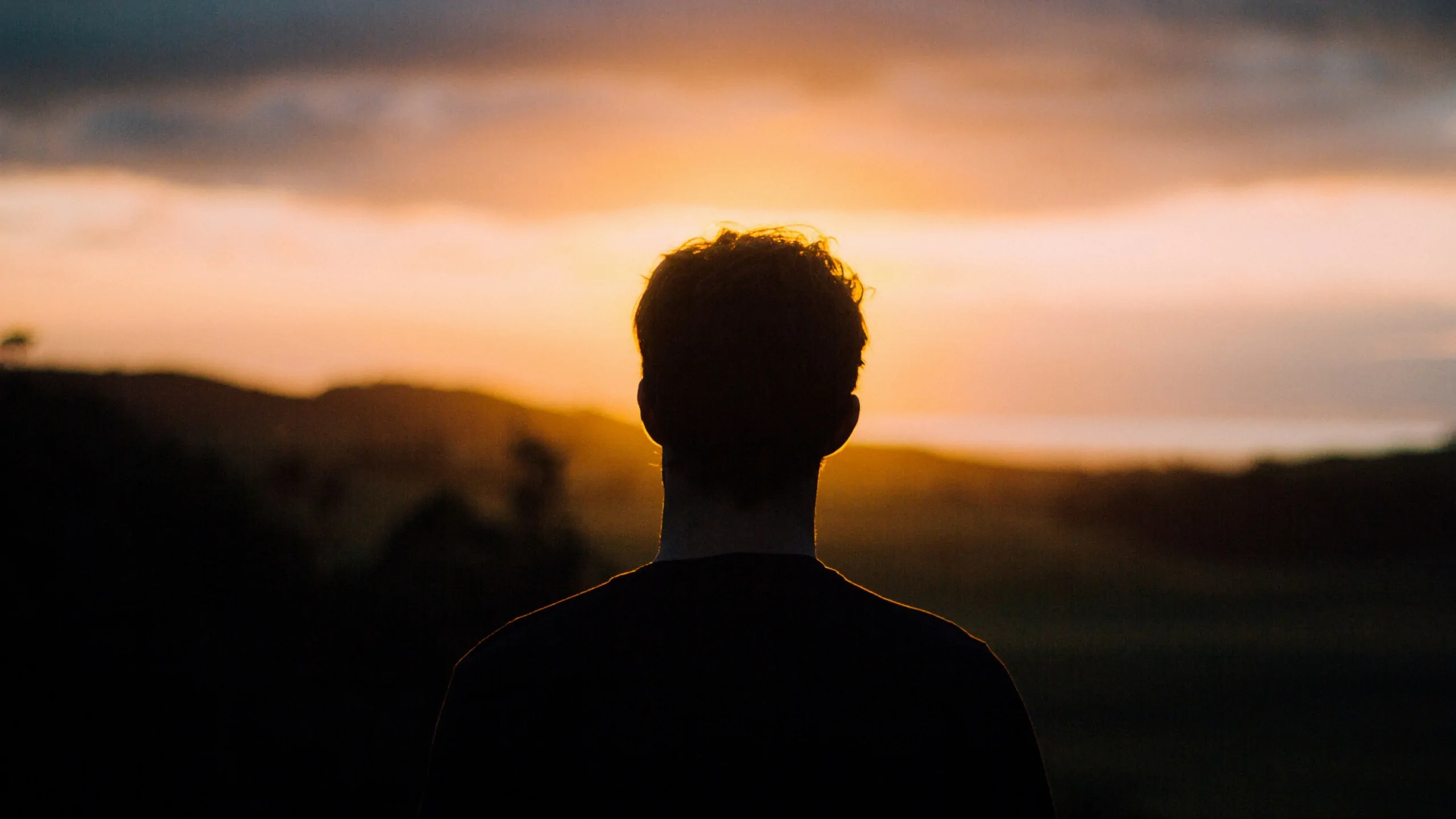
Some events in our lives leave us feeling sad, anxious, and even lose interest in what we enjoy doing. However, these feelings fade with time, and we go back to our cheerful moods. Some people do not recover from such episodes, and when in that state for prolonged periods, they are said to have depression.
According to a CDC study between 2013 and 2016, it was reported that 8.1% of American adults got depressed fortnightly. The study involved adults from 20 years and above.
What is Depression?
Depression is a mental disorder that interferes with your mood. It is characterized by extreme feelings of sadness, hopelessness, and anxiety that last up to two weeks or more.
Different life events can lead to depression. After they occur, a person is left depressed longer than others and become less productive. Such events include loss caused by death or finances. Depression comes in different types such as:
Major Depression
It is a severe type of depression that is sometimes accompanied by suicidal thoughts. People suffering from it find everything dark and lose the meaning of beauty in life. You can know if your loved one has a major depression when:
- They have an unintentional change in weight and appetite
- They have trouble sleeping
- They start feeling worthless
Bipolar Disorder
This type of depression is experienced as extreme episodes of sadness and high energy. One time a person is extremely hyper, has unrealistic self-esteem, is super productive, and does not oversleep. The next time, they become totally depressed. The mood is unpredictable, but stabilizers can be used to treat bipolar disorder.
Persistent Depressive Disorder/ Dysthymia
Depression is considered persistent depressive when it lasts for at least two years. This type is not as severe as major depression, and a person can perform their duties uninterrupted. Although they manage their daily tasks, they are often sad. Symptoms of this disorder include:
- Low self-esteem
- Low energy
- A feeling of hopelessness
- Sleep and appetite changes
Psychotic Depression
It is a type of depression that occurs to some people suffering from major depression. They experience episodes of hallucinations and delusion. When hallucinating, they see, smell, and taste things that are not actually there. When delusional, they tend to live in a fantasy life. People with psychotic depression:
- May have slow physical movements
- May have problems sitting still
What causes Depression?

After understanding the types of depression and their symptoms, it is natural to want to know the circumstances that lead to such conditions. The primary causes include:
Abuse: people who have been sexually abused or have had emotional and psychological abuse are likely to fall into depression when not well-taken care of on time.
Death or loss: people approach the loss of a loved one differently. Those that were so close with the beloved take time to overcome the loss, and some get depressed.
Genetics: some suffer depression, not because of external factors but due to family history.
Conflicts: people living in environments with conflicts such as family, friends, work, or with themselves have high chances of getting depression.
Medications: some medications administered for curing certain diseases have depression as one of the side effects. Examples of such medicines are isotretinoin and corticosteroids.
Existing illnesses: some existing medical conditions are responsible for triggering depression.
Substance abuse: People who are addicted to drug abuse have high chances of getting depression.
Early losses and trauma: when people lose their loved ones, e.g., spouses early in life, they are likely to suffer depression later.
Why Marijuana can Cause Depression
The study in the Journal of Affective Disorders shows that cannabis provides instant relief for depression, stress, and anxiety. However, it offers a short-term solution, and people that use cannabis for relief mostly have the illnesses re-occur in more severe forms in the future.
The researchers used data provided through the Strainprint mobile app, where 12,000 participants feed their data to support the study. To make the research successful, the participants were required to enter the symptoms of medical marijuana for depression they exhibited before and after use. The cannabis strain used was also essential for the study.
Other studies on the relationship between cannabis and depression showed results that recommended against the use. The study's findings linked cannabis to mental problems such as depression and anxiety. According to the studies, the effects become prevalent later in life.
As more studies continue on the issue of cannabis use, some studies have no conclusive findings. According to the researchers, they did not find the relationship between cannabis and depression since other factors were also responsible for causing the disorder.
Depression can affect anyone regardless of their age. However, the illness is manageable, and medical marijuana is one of the viable options. With the available information, some people suffering from depression have resulted to using medical cannabis to suppress the symptoms.
Does Cannabis Cure Depression?
When a person seeks medical attention for depression treatment, they are prescribed some medicine for the condition. Unfortunately, some of these medicines have undesirable side effects.
However, medical marijuana seems to provide a solution without additional adverse effects. CBD, one of cannabis' active ingredients, has proven to be more efficient. Its medicinal use helps activate the chemical receptors responsible for triggering serotonin production in the brain.
When there is enough serotonin produced, the mood changes, and depression levels go down. Cannabis oil for depression has anti-depressant properties and can be used for long or short-terms.
Cannabis provides a natural treatment for depression that is more effective and has fewer side effects than pharmaceuticals. The chemotypic property of the cannabis plant used affects the overall effects of the intended purpose, which gives varying results to the patients.
The cannabis flower contains anti-depressant properties and is also used for treating other diseases caused by depression, such as chronic pain, anxiety, and heart disease. According to researchers, consuming a whole dried cannabis flower showed symptom improvement in patients within a few moments. They improved their condition with at least 4 points when weighed on a scale of 1-10.
Medical marijuana comes in two main strains known to have anti-depressant properties that help manage depression. The two cannabis strains for depression are Sativa and Indica. With Sativa, patients are sedated, making them feel calmer.
However, indica provides more calming properties than Sativa. Patients using this strain benefits from managing other depression-related conditions such as insomnia, stress, and restlessness.
There are different ways of consuming anti-depressants and weed to reap the benefits. They include:
- Oil and tinctures: they are ideal for people who can't stand pills. Oils and tinctures are fluids infused with CBD and are often consumed orally. They are placed under the tongue and slowly get to the body through the oral mucosa for efficiency.
- Edibles: these are perfect for newbies trying to get accustomed to marijuana taste. Edibles are tasty, and the most popular are gummies. They are delicious, and anyone can afford them. Edibles are incredible for managing insomnia, anxiety and are easy to dose.
- Vaping: vaporized CBD oil is used. It is inhaled directly to the lungs, just like using e-cigars. Vaping provides instant results, making a patient feel calmer and relaxed. Like cigarettes, it is advisable to minimize marijuana vaping to reduce the risks of lung complications.
- Capsules and pills: they are probably the last option for most people. Capsules and pills are ingested and take approximately 30mins to 2 hours to become effective. These have to undergo digestion, which is why they take longer to work. It is advisable to eat something solid before taking marijuana in this form.
Benefits of using Marijuana to Cure Depression
- It provides immediate short-term relief for depression
- It helps in managing other conditions related to depression
- Few side effects
- Patients can choose the method to consume
- It helps in improving sleep
- Provides additional health benefits
Risks of Using Marijuana for Depression
- There is a likelihood of making the symptoms worse
- There are chances for patients developing cannabis hyperemesis syndrome
- The likelihood for psychological dependence
- It can lead to long-term memory loss
- There is an increased risk of rising psychotic disorder levels
How Does Marijuana Relieve depression and Anxiety?
People result to using cannabis for different reasons. Some use it because they want to avoid pharmaceuticals, while others want to enjoy the many benefits it is claimed to offer. However, studies are yet to provide substantial results about cannabis use in treating depression. Is it reliable, and if yes, how does weed help with depression management?
Claim: marijuana suppresses anxiety
Happy: THC, a compound found in marijuana, triggers euphoric receptors
Focused: it keeps your mood balanced
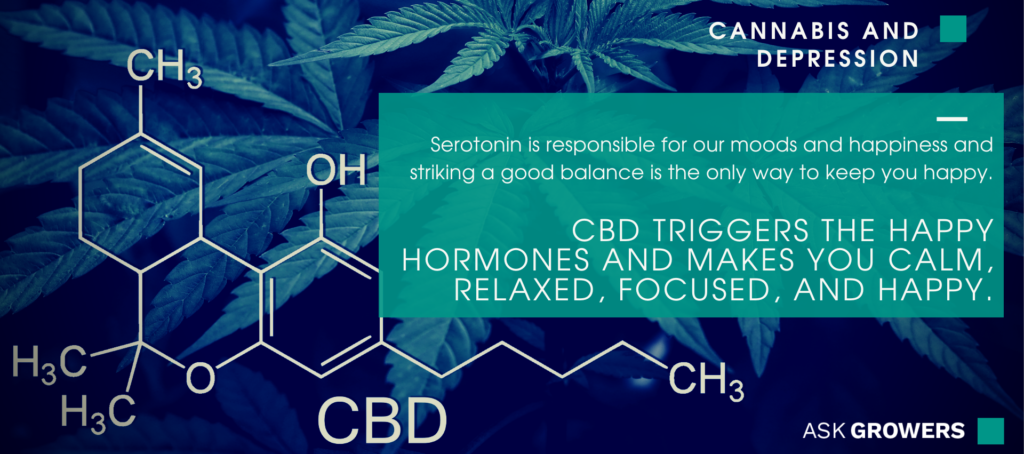
What’s the Difference Between Cannabis Strains for Depression?
Marijuana has different strains, as we have seen earlier. Each of these strains has different effects on the human body, caused by the compounds they have. These compounds are CBD, THC, and Terpenes.
THC: it blocks the endocannabinoid system by attaching itself to the cannabinoid receptors, blocking its functionality.
CBD: it blocks the psychoactive effects caused by THC by attaching itself to the CBI receptors.
Terpenes: it improves the mood, relieves pain, and calm the body.
When using medical marijuana for depression treatment, patients should be careful about the intake. If on prescription medication such as anti-depressants, it is advisable to consult with your physician. Marijuana is known to react with some of these anti-depressants, for example, Prozac and fluoxetine making them less effective. The physician can help adjust the dose if a patient insists on using them simultaneously to enjoy the positive effects.
If a patient suffers heart conditions due to depression, they are definitely going to have heart medication prescriptions. CBD can act as calcium channel blockers, increasing the risk of a heart attack, which is not the intention. If a doctor decides to prescribe a heart medication, the patient should inform him that they are using medical marijuana for depression management. He can help you understand if the medicine has interactions with other drugs and if it is safe to combine the two.
Disclaimer: This article's information is meant for educational purposes only and should not be used as a substitute for any prescribed medication. See the doctor first!

 Guides
Guides
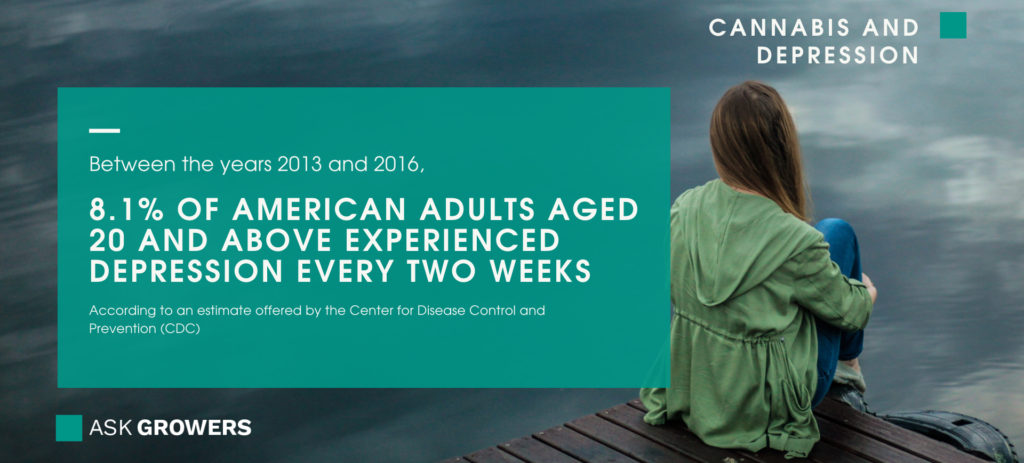
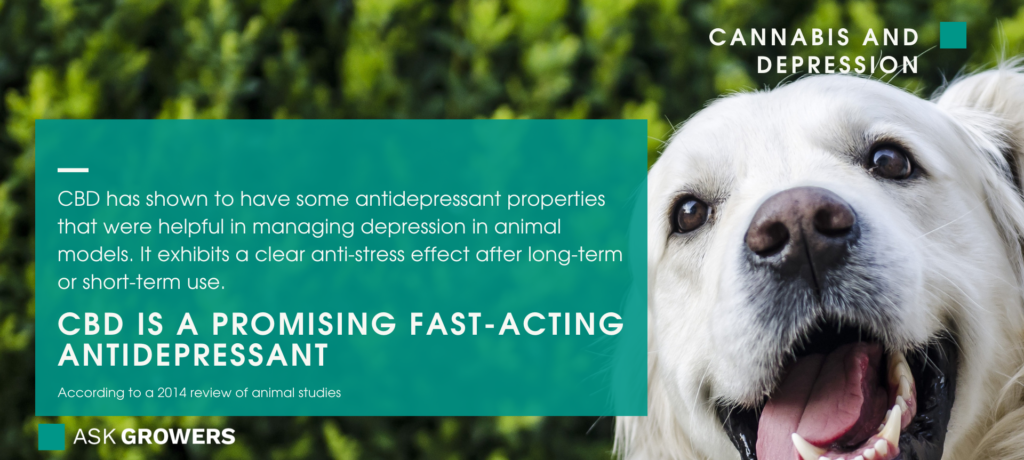
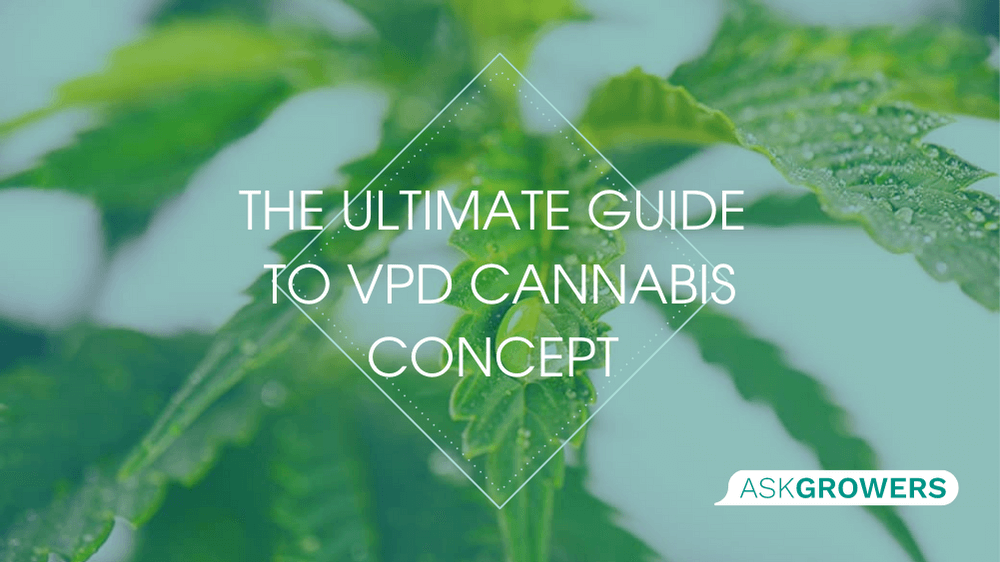
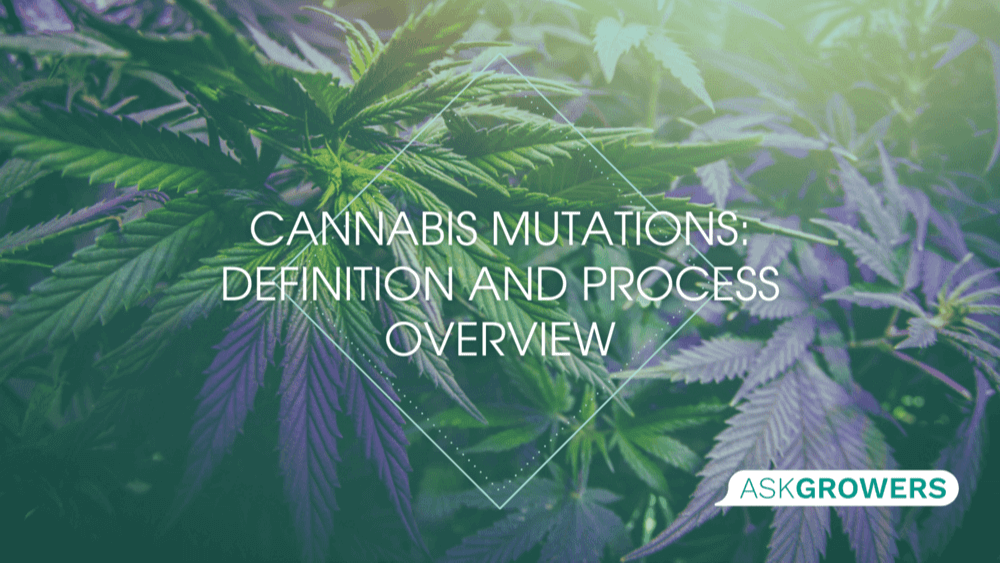
.png)
.png)
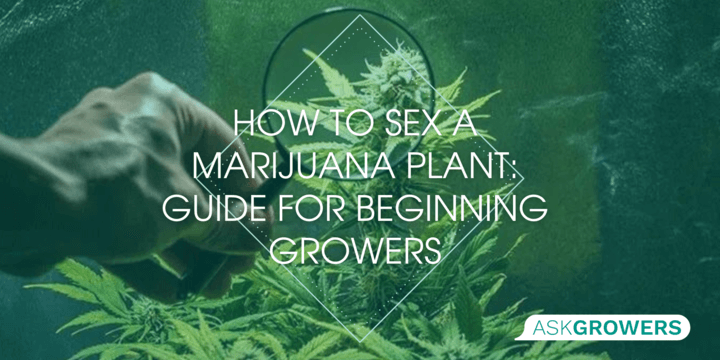
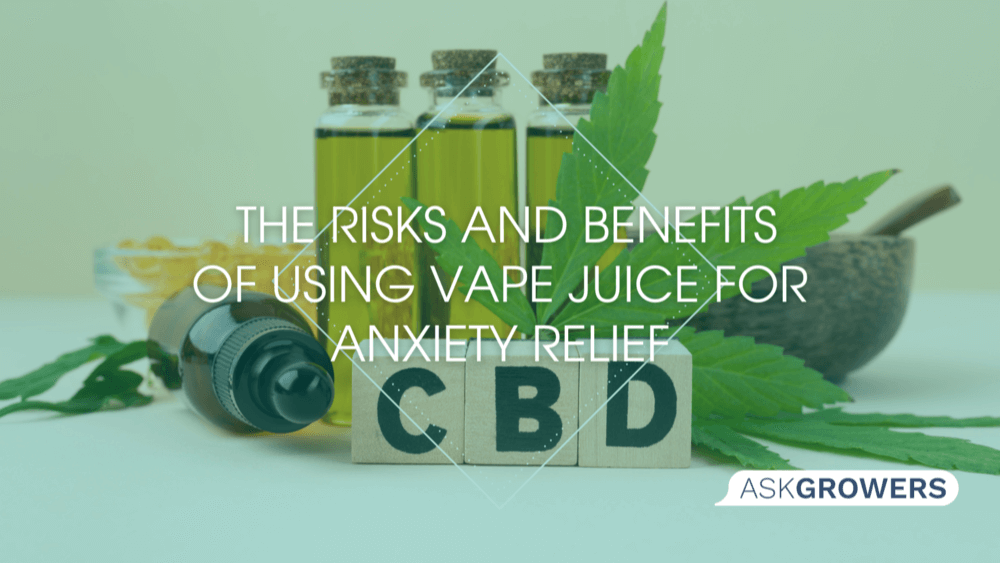
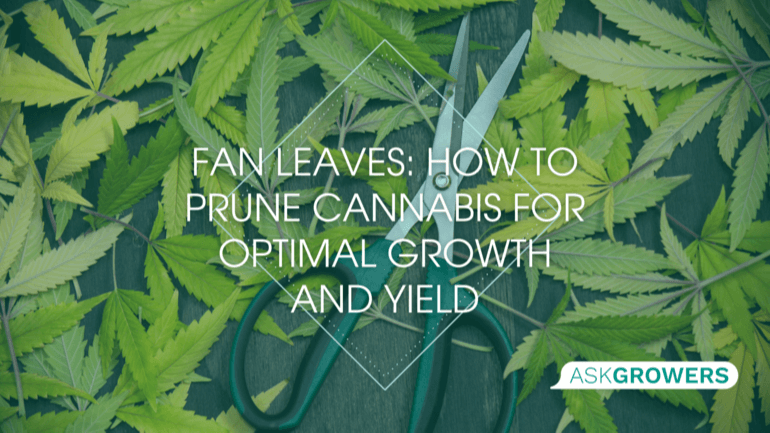
 (1).png)
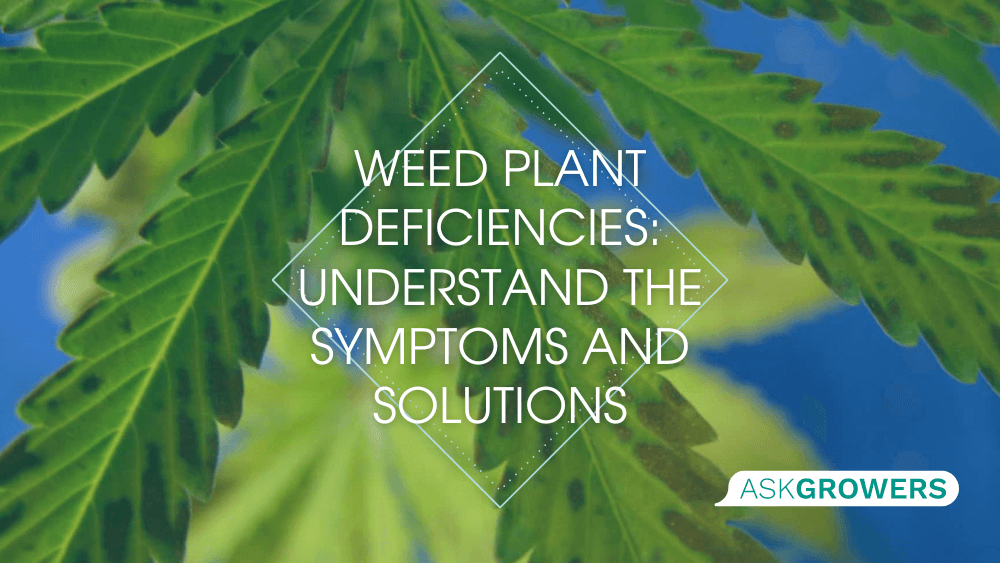
.jpg)
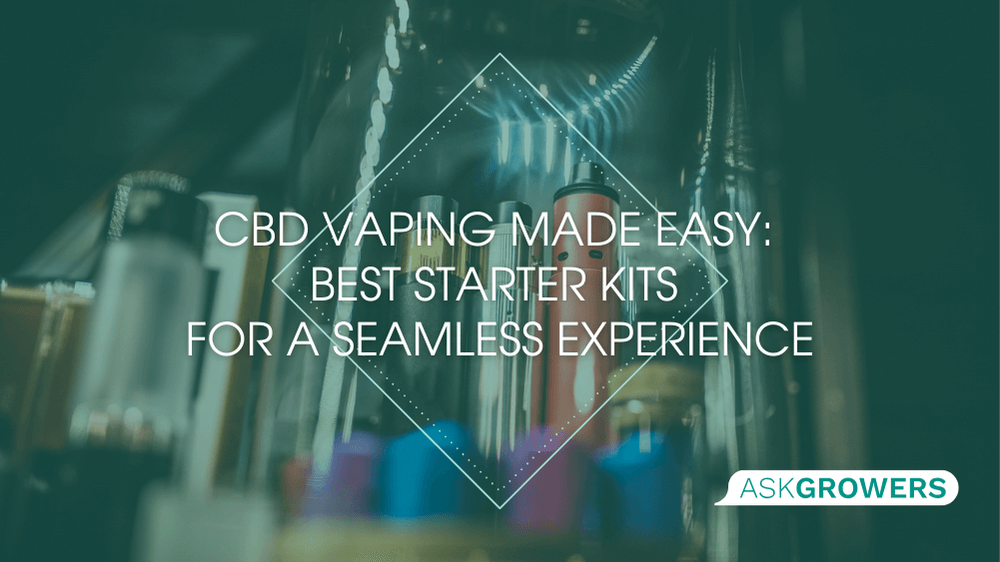
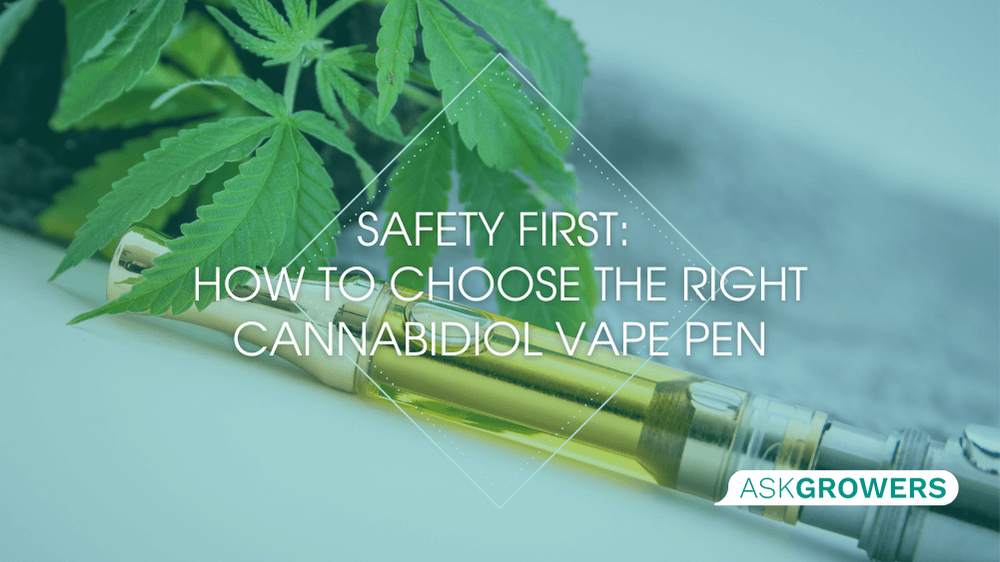
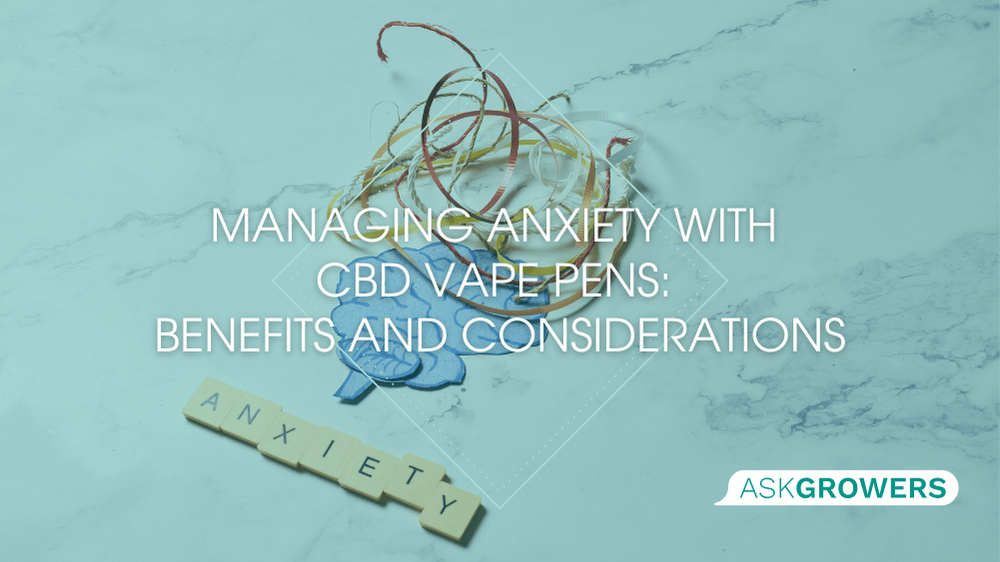
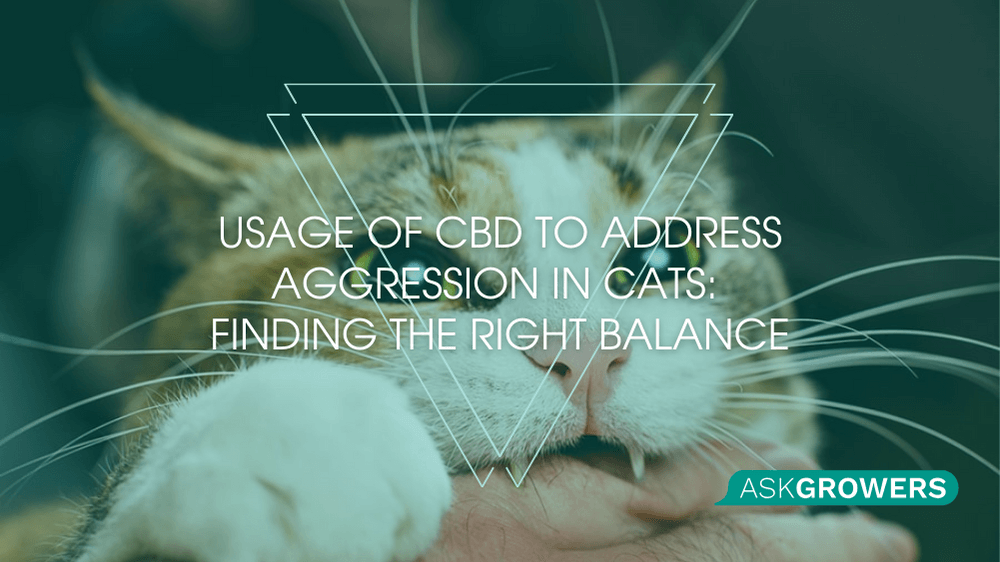
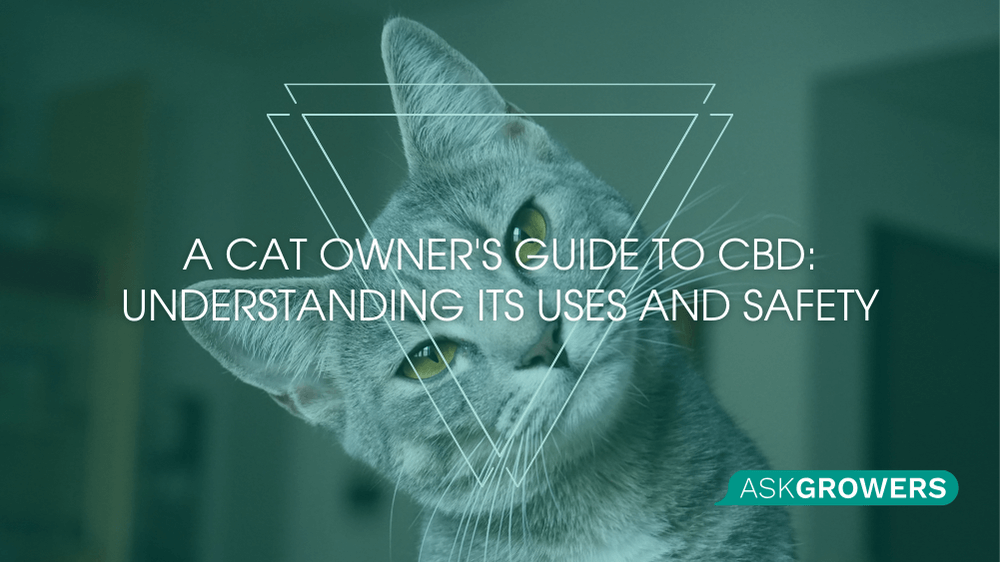
Be the first and share your opinion
Write a Review